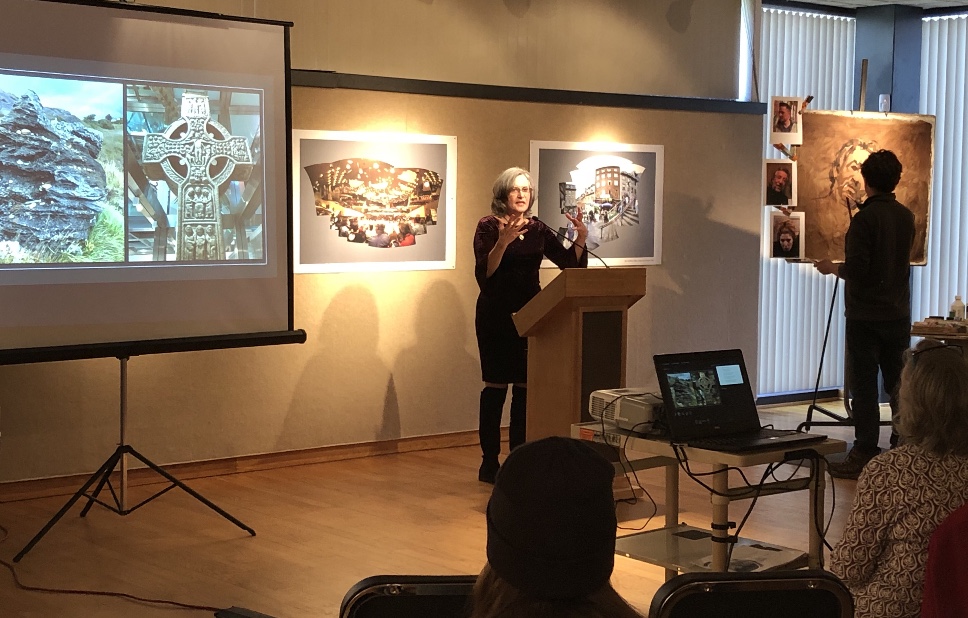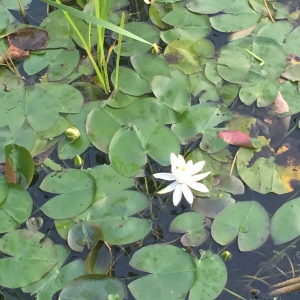
(Originally posted Feb. 14, 2018)
Whether with dread or welcome, we find ourselves at Valentine’s Day yet again. It’s a challenging day to teach creative writing to undergraduates. In teaching my students to notice what works best in their own poems, they’ve started already (three weeks in) to recognize the lasting appeal of love poems that express complication without surrendering to despair.
This modern love poem doesn’t work well for white chocolate lovers. Too high a tolerance for sweetness. Permit me a moment of synesthesia when I say that if your tastes turn to a bit of bitterness, darkness, or chili with the chocolate, the sound of the taste resonates far longer and more pleasantly.
It seems to me that many poets have done this, though, arguably, none better than the late Seamus Heaney. Featured today on Poetry Daily is his poem “Scaffolding.” A friend and colleague commented that the “wall” in this poem resonates differently in the Trump era; however, despite the obvious temporal and situational contrasts, I challenged that idea. Consider how Heaney endured the Troubles in Belfast with its sectarian divides rendered in concrete “peace walls” before he defected to the Republic and eventually the States. The image of a wall is fraught with tension, yet in “Scaffolding” he appreciates the solidity, the creation, the relationship between the poem’s couple who set up the scaffolding in order to build the wall. Heaney’s metaphor celebrates letting the scaffolding go to show that a relationship builds something new, something that establishes boundaries and claims territory at the same time that it represents a mutual, hard-won peace. A peace wall carves out a space where people with their own differences can meet. Only then can love be realized. Enjoy.











